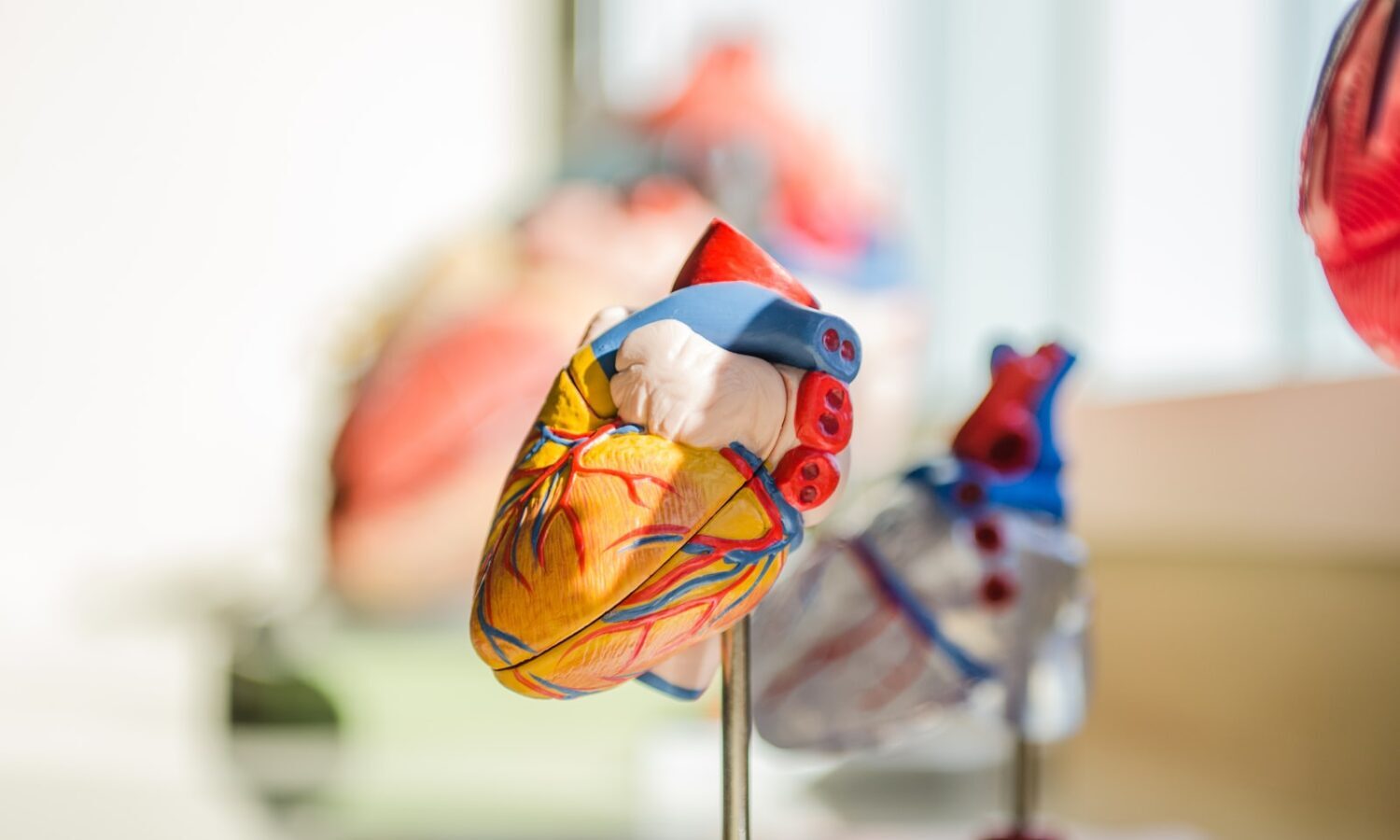
In partnership with The Fresh Toast
A new study found links between cardiovascular conditions and a common activity a lot of people do on a daily basis.
A large new study has found a link between a variety of cardiovascular conditions and napping, puzzling a lot of people. Isn’t more sleep generally linked with healthier life?
The study is large and has prompted researchers to question about the nature of sleep, primarily, the time in which it takes place, something that has proved to be very important over the course of a person’s life.

RELATED: When It Comes To Heart Health, Having Enough Of This Is Very Important
Published in the journal Hypertension, the study had data from over 360,000 participants collected from UK Biobank between the years 2006 and 2010. These participants provided blood, urine, and saliva samples, while also answering a variety of questions about their sleep habits.
Researchers found that participants who napped during the day were 12% more likely to have high blood pressure and that they were 24% more likely to experience a stroke when compared to people who have never napped. Results were even worse with nappers over the age of 60, who were 20% more likely to develop high blood pressure when compared to those who didn’t nap.
While it would be easy to connect naps with poor cardiovascular health, researchers theorize that these results reflect a lack of sleep during the night.
“This may be because, although taking a nap itself is not harmful, many people who take naps may do so because of poor sleep at night. Poor sleep at night is associated with poorer health, and naps are not enough to make up for that,” said clinical psychologist Michael Grandner in a statement.
Researchers explain that beneficial power naps, between 12 to 20 minutes, are the most effective. A longer nap is discouraged since it’ll likely affect your sleep time during the evening and isn’t really considered a nap by sleep experts.

RELATED: Scientists ‘Heal’ Heart Attacks In Mice — Are People Next?
Apart from the surprise factor, these results are important since they highlight many questions that health experts should ask when meeting patients for their routine checkups, opening up risk factors and spaces for vulnerabilities.
Read more on The Fresh Toast
Advertising disclosure: We may receive compensation for some of the links in our stories. Thank you for supporting Irvine Weekly and our advertisers.
